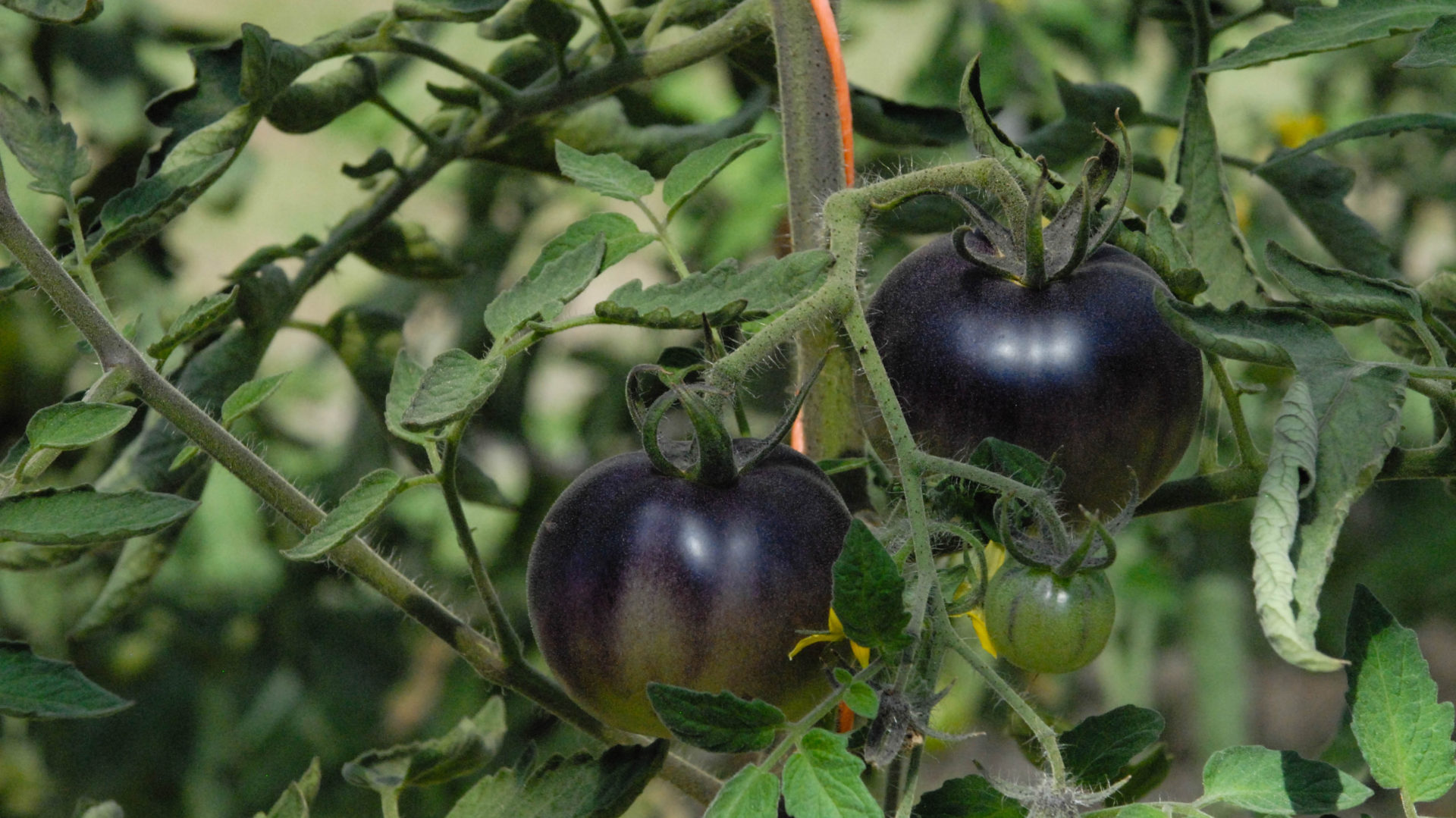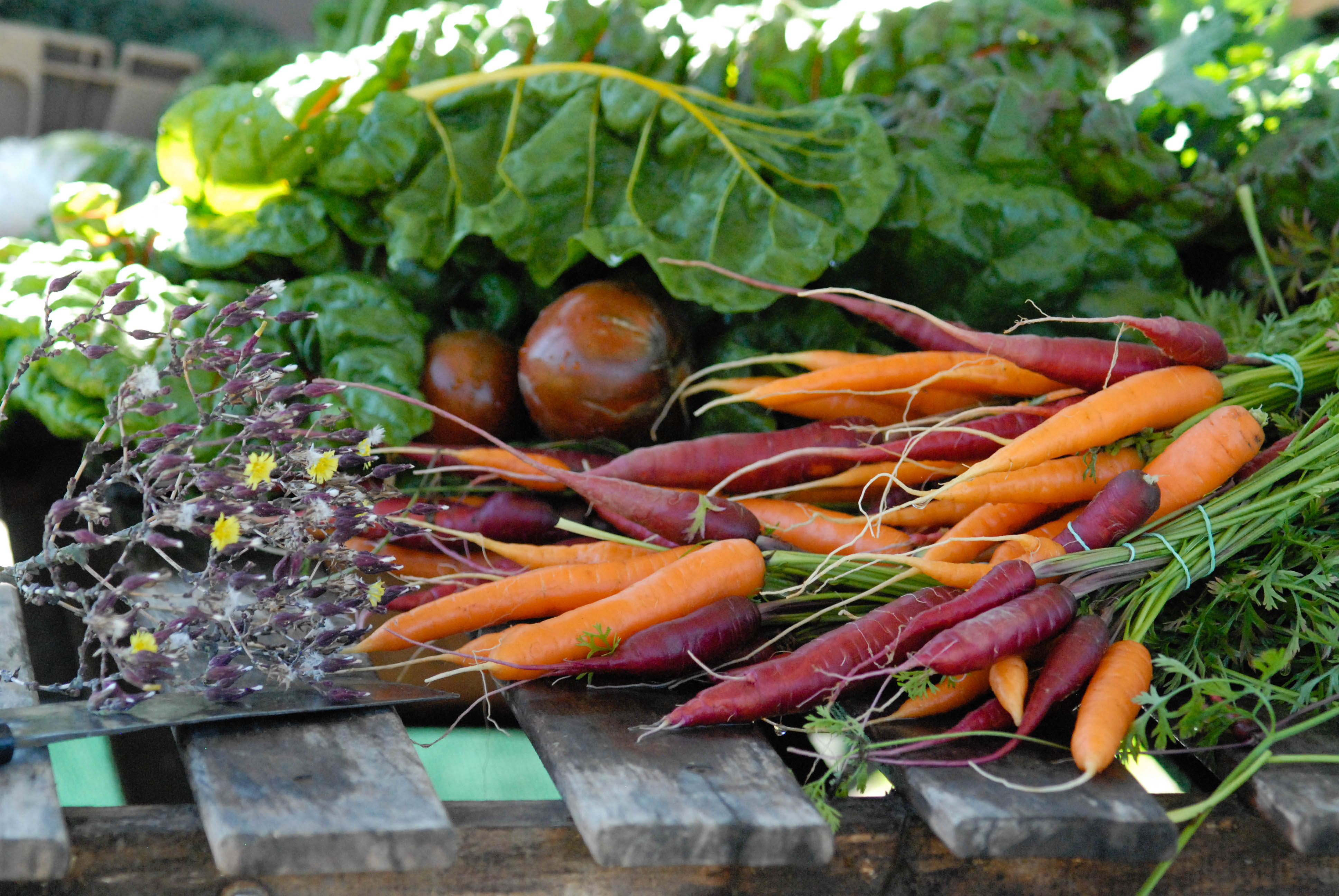By Alison Leber, Leber Consulting.
With more than 5 million consumers in the Puget Sound region, there is increasing public demand for locally produced food. Despite this demand, many King County farms are limited in their ability to provide year-round access to local products because of the lack of food processing and related infrastructure available in close proximity to their farming operations.
Increasing the availability of processing infrastructure would allow local farms to create value-added products that would extend their season, provide additional revenue, and gain access into regional wholesale and foodservice markets.
In 2016, SnoValley Tilth received a grant from the United States Department of Agriculture Rural Business Development Grant Program to assess the feasibility of running a produce processing facility to serve the farmers and growers in the Snoqualmie Valley. Leber Consulting was retained to perform the feasibility study. The principal objectives of the feasibility study were:
- Assess the market feasibility of four value-added produce product lines (beets, cabbage, carrot and broccoli) by gathering data on the costs of processing, marketing and distribution of each of the model product lines;
- Identify existing processing facilities in the region and the scope of services offered by these processors to assess their accessibility to Snoqualmie Valley Farmers, and;
- Collect preliminary data on the cost of constructing a produce processing facility in the Snoqualmie Valley, including equipment and build out.
To perform this study, input was sought from multiple stakeholders representing buyers from across food industry segments, Snoqualmie Valley farmers, existing processors, government agencies and other experts in the Puget Sound region. Additionally, literature on agriculture processing infrastructure in Washington State was reviewed, focusing on Western Washington.
Key findings from this work include:
- There is a viable market for two of the four value-added lines researched (shredded cabbage and shredded & sticked carrots). The other two products (frozen broccoli and pickled beets) are not currently feasible due to a lack of processing infrastructure for freezing and acidified foods. There are acidified food processors in Oregon but the high costs of processing, minimum lots size and transportation would not be economical for the level of buyer demand
- There is limited existing secondary produce processing (acidified foods, hot fill lines, freezing) infrastructure in the region. There are adequate minimal post-harvest processing/custom cut and cold-pack processors in the region to meet demand.
- There is a strong case to be made for investment in a GAP certified Aggregation Point for Snoqualmie Valley farmers, possibly with additional, select minimal post-harvesting machinery offering services on a fee-for-service basis.
- There are opportunities to explore partnerships with public and or private businesses to develop regional processing facilities that would offer co-packing for acidified foods, hot fill lines and frozen produce processing.


